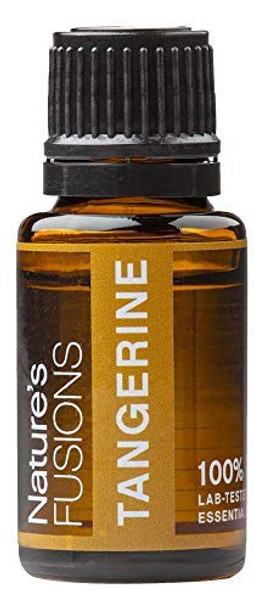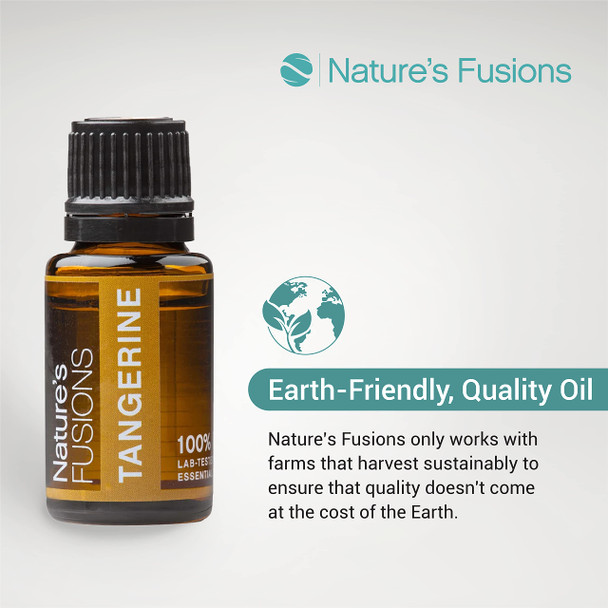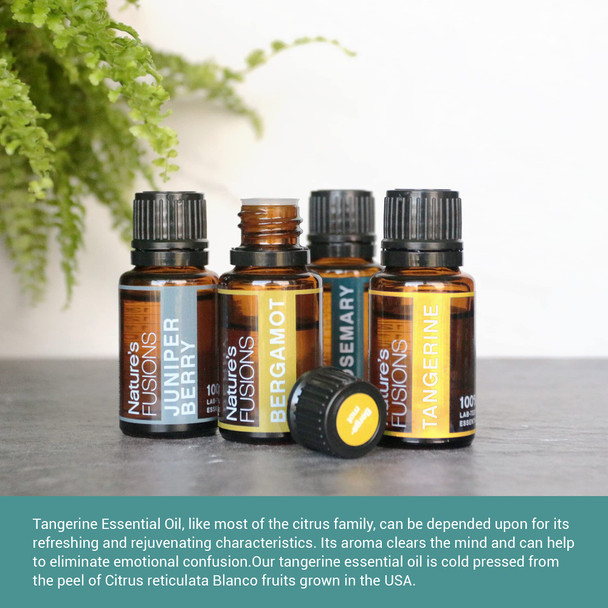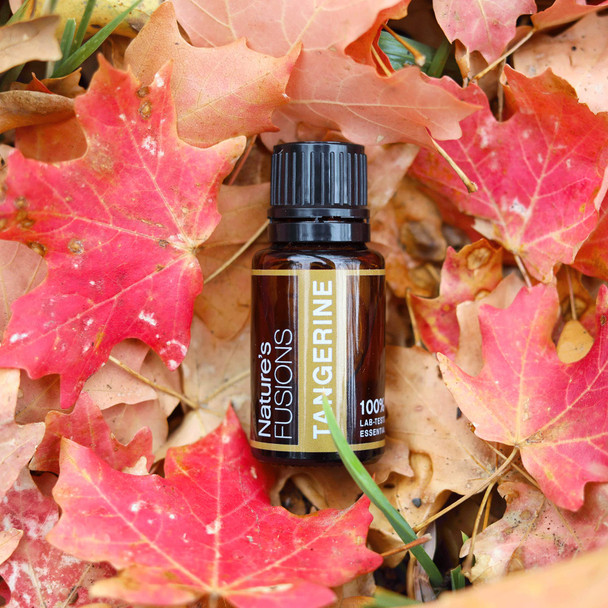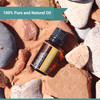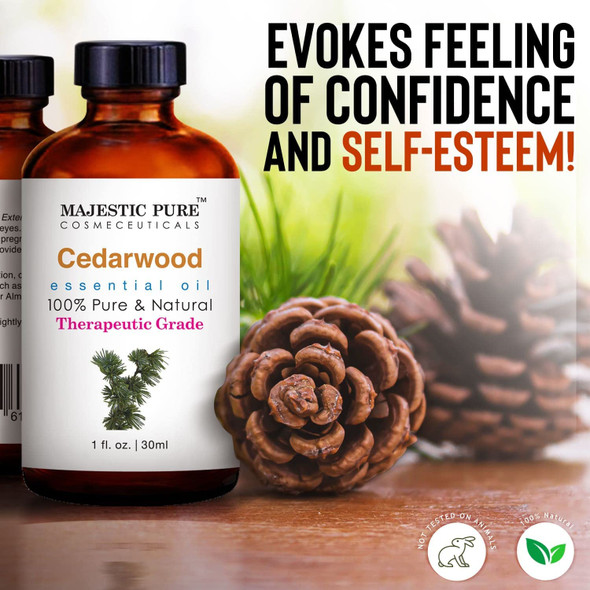Description
The Tangerine tree was originally native to China, but is now grown predominantly in the United States and Sicily in Italy. The tree is also very similar to the Mandarin Botanical Name: Citrus reticulata blanco var tangerina Common Uses: Tangerine Essential Oil, like most of the citrus family, can be depended upon for its refreshing and rejuvenating characteristics. Its aroma clears the mind and can help to eliminate emotional confusion. Aromatherapists also consider it to be very comforting, soothing and warming. Users may also see Tangerine Essential Oil used in perfumes, soaps, and as an antispasmodic, carminative, digestive, diuretic, sedative, stimulant (digestive and lymphatic), and tonic agent Plant Part: Peel Extraction Method: Cold Pressed Origin: Italy Color: Pale yellow to golden yellow liquid Consistency: Light Note: Middle Aromatic Scent: Tangerine Essential Oil has the typical citrus scent ? fresh, radiant, and tangy sweet. With only subtle differences, it smells a lot like the Mandarin, with some even considering them identical. In comparison to Sweet Orange, Tangerine can be seen as lig Strength of Aroma: Medium Blends well with: Basil, Bergamot, Clary Sage, Clove Bud, Frankincense, Lavender, Lemon, Lime, Neroli, Nutmeg and Orange : Tangerine Essential Oil is similar to other essential oils in the citrus family in that it can be potoxic. Care should be taken not to expose the skin to sunlight after a treatment. Similarly, the oil should be diluted well on the skin. Avoi History: Tangerines were originally brought to Europe and then the United States via China Country of Origin: United States of America Manufacturer/Importer/Packed By: Nature's Fusions

